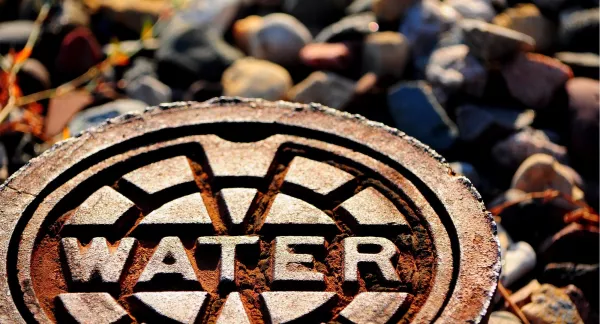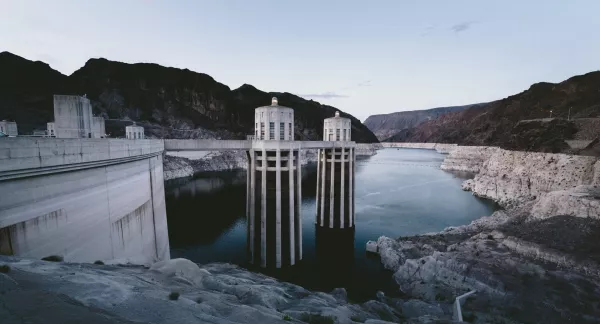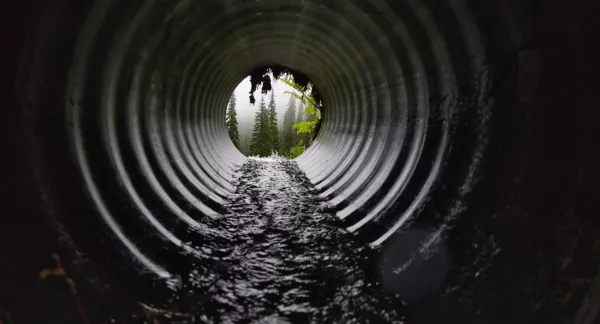Water Utility Resilience: A Case Study of the 2021 Marshall Fire
Abstract
Originating as a grass fire, the Marshall Fire (12/30/2021) burned over 6,000 acres of Boulder County, CO, destroying or damaging over 1,200 structures in a primarily suburban community. Water utilities, including City of Louisville, Town of Superior, and East Boulder County Water District, served critical roles during the disaster, including providing the primary water supply for firefighting, establishing mutual aid across jurisdictions, and addressing damaged infrastructure and water quality concerns during the reestablishment of service. The operability of the water treatment plants across all jurisdictions and the ability of the water utilities to maintain pressure in their distribution system allowed firefighters to save thousands of properties. However, due to shutdowns of other lifelines (e.g., electricity, natural gas, telecommunications) and their interdependencies with the water utilities, significant challenges were encountered during and after the fire.
The frequency and intensity of wildfires are increasing. This research highlights the interdependencies among lifelines, provide guidance to other utilities on how to prepare, respond, and recover from wildfires, and highlight key technological investments to improve the resilience of water utilities for wildfires. Published in 2025.
View our 2025 case study video on Wildfire Mitigation.



